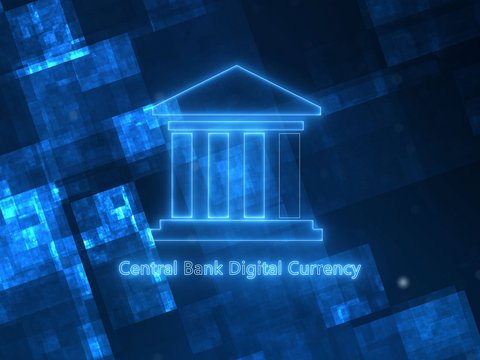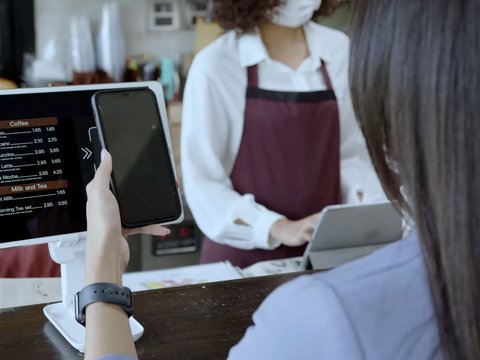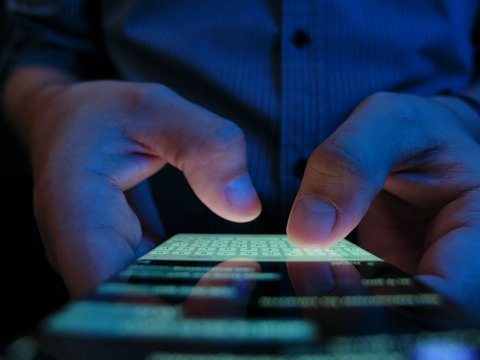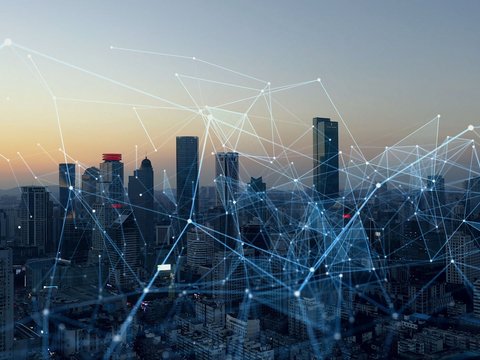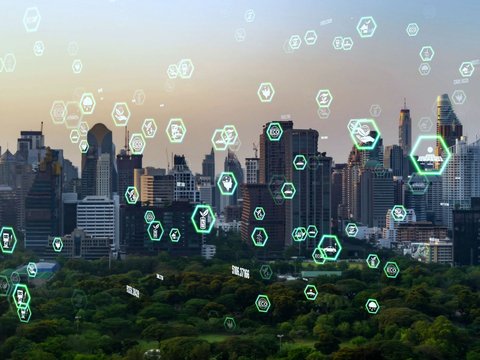A billion people around the world today do not have a secure legal identity. Of these, half live in Africa. They include people whose birth was not officially registered because the necessary infrastructure did not exist, a war was taking place, or the family were refugees. Worldwide, 237 million children under the age of five do not, as yet, have a birth certificate. This has a negative and socially destabilizing impact on these children as they become young people and adults. Having no legal identity means no access to digital educational programs, no bank account or smartphone, obstacles when signing contracts or accepting an inheritance, and poorer access to healthcare. These people may also have no nationality or face difficulties voting in elections. “An official, unique identity makes it possible for us to fully exercise our rights and responsibilities in society. An identity is our key to the digital and physical world. And thus a human right,” says Marc-Julian Siewert, CEO of Veridos.


